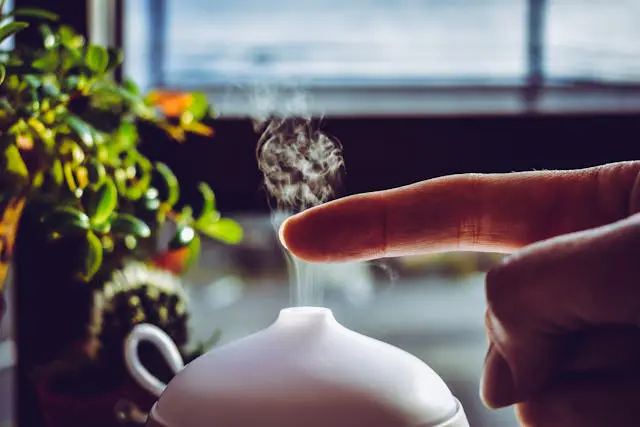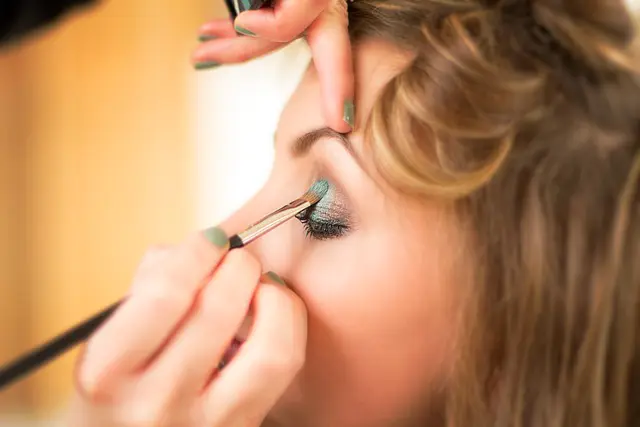Many individuals aim for healthy, glowing skin, and there's a vast array of products and routines to support this quest. However, one essential approach is often overlooked: the role of water in maintaining skin health. While topical skincare is important, the foundation of vibrant skin starts from within—by ensuring you drink enough water.
Water is vital for skin health, impacting factors such as elasticity, hydration, premature aging, and acne prevention. This article explores the significance of hydration for skin radiance, the scientific backing of water's effects on skin health, and tips to optimize your hydration routine for the best skin condition.
1. The Science Behind Skin Hydration
The skin, as the body's largest organ, depends on adequate hydration for peak performance. Water makes up a significant portion of the skin, with approximately 64% of its composition being water. Hydration is essential for the skin's moisture retention, elasticity, and defense against environmental stressors.
1.1 Hydration's Role in the Skin's Protective Barrier
The skin's outermost layer, the stratum corneum, is crucial for maintaining hydration. It contains lipids and proteins that prevent water loss, keeping the skin hydrated and protecting it from harmful elements. Skin that is well-hydrated has a stronger barrier, effectively retaining moisture and shielding against pollutants, microbes, and UV radiation.
Proper hydration strengthens the skin's protective barrier, preventing dryness and irritation. Dehydration, on the other hand, weakens this barrier, leading to moisture loss and skin vulnerability.
1.2 Water's Impact on Skin Cell Health
Water is crucial for the functionality of skin cells. It helps transport nutrients and oxygen to skin cells and remove toxins and waste. Adequate hydration ensures skin cells remain healthy, operate efficiently, and repair daily damage.
Inadequate water intake hinders skin cell efficiency, resulting in dullness, dryness, and a higher risk of acne and other skin issues. Internal hydration supports cellular regeneration and smooth functioning, leading to clearer, more youthful skin.
2. The Skin Benefits of Water Consumption
The benefits of hydration extend beyond mere refreshment; it significantly affects skin appearance and health. Here's how water contributes to maintaining skin's optimal state:
2.1 Enhancing Moisture and Softness
Staying hydrated helps the skin retain moisture, acting as a natural moisturizer and preventing dryness and flakiness. Proper hydration maintains skin smoothness and suppleness.
Conversely, dehydrated skin often appears dull, lacking luster. Wrinkles and fine lines may become more evident due to reduced plumpness and firmness. Sufficient water intake keeps the skin hydrated, youthful, and radiant.
2.2 Minimizing Wrinkles' Visibility
Dehydrated skin is more susceptible to fine lines and wrinkles due to loss of elasticity. Hydration helps maintain skin's volume and elasticity, reducing the visibility of aging signs.
Well-hydrated skin appears fuller and smoother, with less noticeable wrinkles and fine lines. While water cannot eliminate wrinkles, it can slow down aging and maintain a youthful appearance.
2.3 Preventing Acne and Skin Impurities
Water is pivotal in detoxifying the body by flushing out toxins, which helps keep the skin clear and prevents impurities that lead to acne. Regular water intake supports the body's detoxification, reducing blemish and breakout occurrences.
Dehydration may cause the skin to produce excess oil, leading to clogged pores and acne. Staying hydrated balances oil production, promoting a clearer complexion.
2.4 Facilitating Skin Healing and Repair
Water is necessary for skin healing and repair, whether from minor injuries, sunburn, or acne. It aids in nutrient and oxygen circulation to damaged areas, accelerating the healing process and reducing scarring.
Recent
See All2025-08-29
Discovering the Skincare Advantages of Facial Steamers and Humidifiers
2025-08-29
Embracing Your Natural Radiance Through Self-Care and Healthy Living
2025-08-29
Unlocking the Secrets to Luminous Skin: A Natural Glow Guide
2025-08-29
Anti-Aging Skincare: Separating Hype from Reality
2025-08-29
Harnessing Nutrition for a Radiant Skin: Dietary Choices for a Luminous Appearance
2025-08-29
The Vital Impact of Sleep on Skincare: Elevating Your Beauty Routine
2025-08-29
The Impact of Sleep on Skin Health: Why Quality Slumber is Key to Radiant Skin
2025-08-29
Unveiling the Secrets of Collagen: Benefits, Origins, and Varieties for a Radiant Life
2025-08-29
Embrace the Skincare Power of Green Tea
2025-08-29
Embracing Sustainability: A Guide to an Eco-Friendly Lifestyle
Newsletter
Get life tips delivered directly to your inbox!












